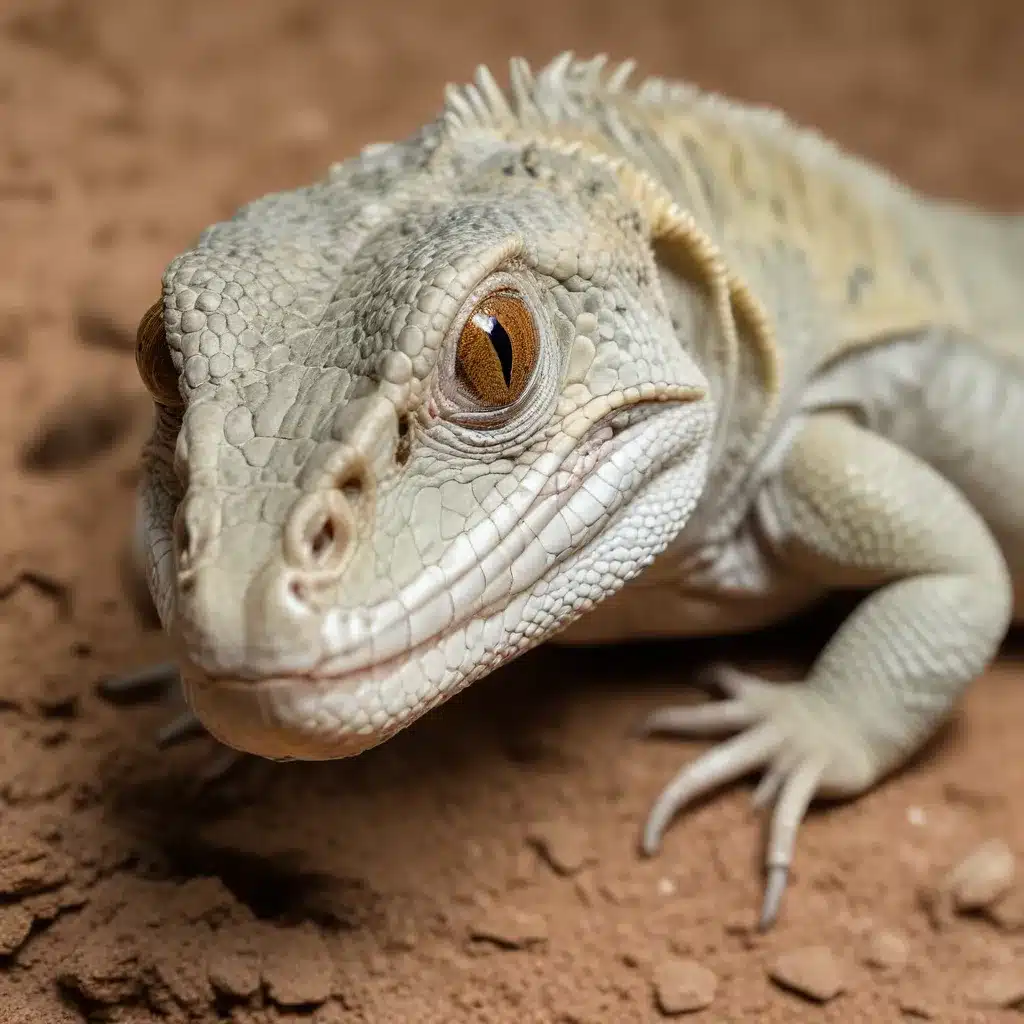
Responsible Reptile Ownership and Care
Keeping exotic reptiles as pets can be a rewarding and enriching experience, but it also comes with significant responsibilities. Before considering the acquisition of any reptile species, it’s crucial to thoroughly research their specific care requirements, behavioral needs, and legal implications. Responsible reptile ownership goes beyond simply providing a suitable enclosure and food – it requires a deep understanding of the animal’s natural history, habitat preferences, and health considerations.
One of the primary concerns with exotic reptile ownership is the potential for unethical breeding practices. While the hobby breeding of certain reptile species can be a viable option, it’s essential to ensure that it is done in a responsible and ethical manner. Improper breeding techniques, inadequate housing, and a lack of understanding of the species’ needs can lead to health problems, behavioral issues, and an oversaturation of certain reptile morphs in the pet trade.
Reptile Species Considerations
When considering the acquisition of an exotic reptile, it’s crucial to research the specific species and its care requirements thoroughly. Factors such as adult size, environmental needs, dietary preferences, and temperament can all have a significant impact on the animal’s well-being and the owner’s ability to provide a suitable home.
Some reptile species, such as certain monitor lizards or large pythons, require specialized care and may not be suitable for novice reptile owners. These species often grow to impressive sizes, have complex dietary needs, and can be challenging to house properly. Owners must be prepared to invest the time, resources, and dedication necessary to meet the specific needs of these reptiles.
On the other hand, species like corn snakes, leopard geckos, and bearded dragons are often considered more suitable for beginners. These reptiles generally have more straightforward care requirements, can be housed in a variety of enclosure types, and are less likely to pose a significant risk to their owners. However, it’s important to note that even these “beginner” species require attentive care and a commitment to their well-being.
Ethical Reptile Breeding Practices
Responsible reptile breeding involves a deep understanding of the species’ biology, reproductive needs, and genetic considerations. Ethical breeders prioritize the health and well-being of their animals, carefully selecting breeding pairs to maintain genetic diversity and avoid the perpetuation of harmful traits or genetic defects.
One key aspect of ethical reptile breeding is the avoidance of excessive morphological changes. While certain color or pattern variations may be desirable, breeders must exercise caution to ensure that these changes do not compromise the animal’s health or overall well-being. Pushing for extreme or unnatural appearances can lead to a range of health issues, such as respiratory problems, visual impairment, and skeletal deformities.
Responsible breeders also carefully monitor the number of offspring produced and ensure that there is sufficient demand and appropriate homes available for all the hatchlings. Oversaturating the market with a particular reptile species can lead to an abundance of animals in need of suitable homes, potentially contributing to the neglect or abandonment of these creatures.
Legal Considerations for Reptile Ownership and Breeding
The laws and regulations surrounding the keeping and breeding of exotic reptiles can vary widely by location. It’s essential for reptile owners and breeders to research and comply with all relevant local, state, and federal laws and regulations.
In many regions, certain reptile species may be classified as “dangerous” or “restricted,” requiring specific licenses or permits for their possession and breeding. Owners and breeders must be aware of these requirements and ensure that they are in full compliance.
Additionally, the transportation and sale of reptiles may be subject to various regulations, such as the Convention on International Trade in Endangered Species of Wild Fauna and Flora (CITES). Breeders and sellers must familiarize themselves with the applicable laws and obtain the necessary documentation to legally transport and sell their reptiles.
Responsible reptile owners and breeders should always prioritize the well-being of their animals and ensure that their practices align with ethical and legal guidelines. By doing so, they can contribute to the responsible and sustainable growth of the exotic reptile hobby while promoting the long-term welfare of these fascinating creatures.
Reptile Health and Nutrition
Maintaining the health and well-being of exotic reptiles requires a thorough understanding of their specific nutritional needs and common health concerns. Providing a balanced and appropriate diet is crucial for the overall well-being of these animals.
Reptile species can vary significantly in their dietary requirements, with some preferring a primarily carnivorous diet, while others thrive on a plant-based or omnivorous regimen. Owners and breeders must research the specific nutritional needs of the species they are keeping and ensure that they are providing a diet that meets these requirements.
In addition to proper nutrition, reptile owners and breeders must also be attentive to their animals’ overall health. Exotic reptiles can be susceptible to a range of health issues, including respiratory infections, parasites, and metabolic disorders. Regularly monitoring the reptiles’ behavior, appearance, and waste can help identify potential health concerns early on, allowing for prompt veterinary intervention and treatment.
Responsible reptile owners and breeders should work closely with experienced exotic animal veterinarians to ensure their reptiles receive the proper medical care and preventive measures, such as routine check-ups, vaccinations, and parasite treatments.
Conclusion
Exotic reptile ownership and breeding can be a rewarding and fulfilling hobby, but it also comes with significant responsibilities. Responsible reptile enthusiasts must prioritize the health, welfare, and legal compliance of their animals, ensuring that their practices are ethical and sustainable.
By thoroughly researching the specific care requirements of each reptile species, adopting responsible breeding techniques, and complying with all relevant laws and regulations, reptile owners and breeders can contribute to the responsible growth of the exotic reptile hobby while promoting the long-term well-being of these fascinating creatures.
Aspiring reptile owners and breeders are encouraged to visit exoticreptilesforsale.com to learn more about responsible reptile ownership and explore the wide range of ethical reptile species and care products available.


